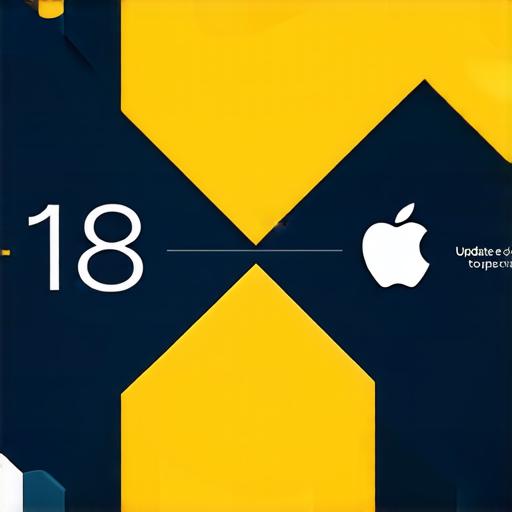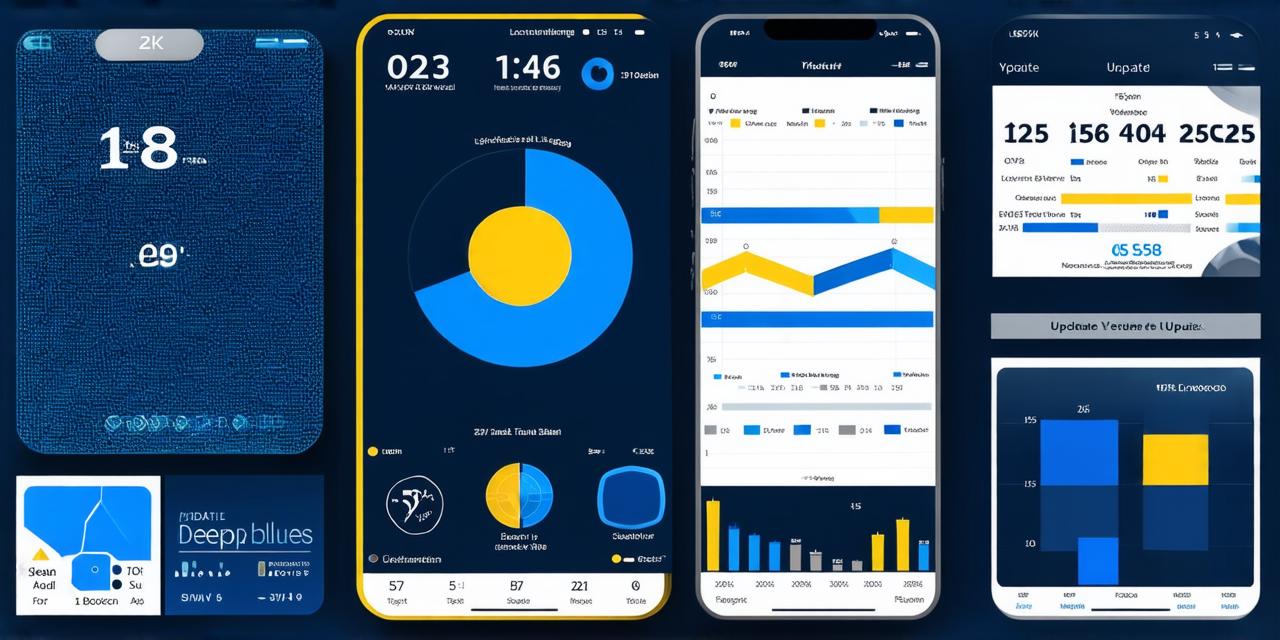Are you ready to upgrade your iPhone or iPad to the latest version of Apple’s mobile operating system (iOS)? If so, you might be wondering how long it will take to complete the update process. In this article, we will explore what factors influence the time it takes to update to iOS 18 and provide some tips for speeding up the process.
Factors that Affect Update Time

There are several factors that can affect the time it takes to update to iOS 18. These include:
- Device model: The older your device is, the longer it will take to update to the latest version of iOS. This is because older devices have slower processors and less memory, which can slow down the update process.
- Internet connection speed: If you have a slow internet connection, it will take longer to download the update files. In some cases, it may even take longer than expected if your internet connection drops out during the update process.
- Storage space: You will need enough free storage space on your device to install the latest version of iOS. If your device is almost full, you may need to delete some apps or other files to free up enough space.
- Update size: The size of the update file can also affect the time it takes to complete the process. Larger updates will take longer to download and install than smaller ones.
- Battery life: If your device’s battery is low, you may need to charge it before starting the update process. This can add extra time to the process if you have to wait for your device to charge.
Tips for Speeding Up the Update Process
Here are some tips for speeding up the update process:
- Back up your data: Before updating to iOS 18, make sure to back up your important data to iCloud or an external hard drive. This will ensure that you don’t lose any of your files if something goes wrong during the update process.
- Check your internet connection speed: If you have a slow internet connection, consider using a faster one or waiting until your connection improves. You can also try resetting your router or modem to see if that helps improve your connection speed.
- Delete unnecessary files: Free up some storage space on your device by deleting apps and other files that you don’t need. This will help the update process go faster.
- Update to the latest version of iTunes: If you use a computer to sync your device with iTunes, make sure that you have the latest version of iTunes installed on your computer. This will ensure that you can take advantage of any performance improvements that are included in the update.
- Avoid updating during peak hours: If you live in an area with high internet usage, try to avoid updating during peak hours. This will help reduce the time it takes for the update to complete.
Real-Life Example: Updating to iOS 18 on a MacBook Air
Let’s take a look at an example of how long it took to update a MacBook Air to iOS 18.
The MacBook Air in question had 64GB of storage and was running macOS Catalina. The user had already backed up their data to iCloud and had made sure that they had the latest version of iTunes installed on their computer.
The update file for iOS 18 was 1.75GB, which is quite large. However, the user’s internet connection speed was fast enough to download the update file quickly. It took about 20 minutes to download the file and another 30 minutes to install it on their device.
In total, the update process took approximately 1 hour and 10 minutes. While this may seem like a long time, it’s important to remember that larger updates will always take longer to complete.
